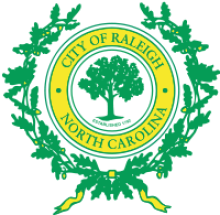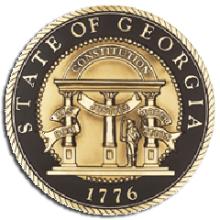Fibrant Network Gains Subscribers Despite Technical Difficulties
As we emphasize time and time again, communities build their own networks because they have to, not because they want to. North Carolina's Fibrant network in Salisbury is no exception and a recent technical headache is a reminder that no network is built without problems developing.
Fortunately, Salisbury's strong reputation for providing great, local customer service is helping as it deals with service interruptions that are the fault of the gear that runs the network.
According to an Emily Ford article in the Salisbury Post, there have been several outages this month. While some outages are attributed to unreliable access gear, the city is still investigating to determine what other factors continue to cause problems. The network currently serves 2,160 subscribers, with 220 of them being commercial customers.
A November 9th Post article on an earlier outage, noted the problem with faulty equipment. A statement from Fibrant General Manager Mike Jury also attributed the outage to a lack of redundancy, which has since been repaired.
While Zhone has been the access gear supplier, Fibrant is now testing Calix equipment. Calix has long been a favored choice among community networks and has a very solid reputation. This is a reminder to communities of the importance of due diligence in choosing vendors -- make sure to talk to other community networks about their experiences with vendors. All equipment is subject to failure, so a key question should be how quickly different vendors respond with solutions to problems.
This technical problem comes on the heels of political problems as Salisbury has been targeted by Time Warner Cable for attacks. Readers will recall how Time Warner Cable successfully pushed the Legislature to pass H129 in 2011, a bill to neutralize publicly owned networks.
Even though there have been recent outages, more people continue to take the service than to drop it. From the Ford article:
The week before the outage, 23 new subscribers signed up.








